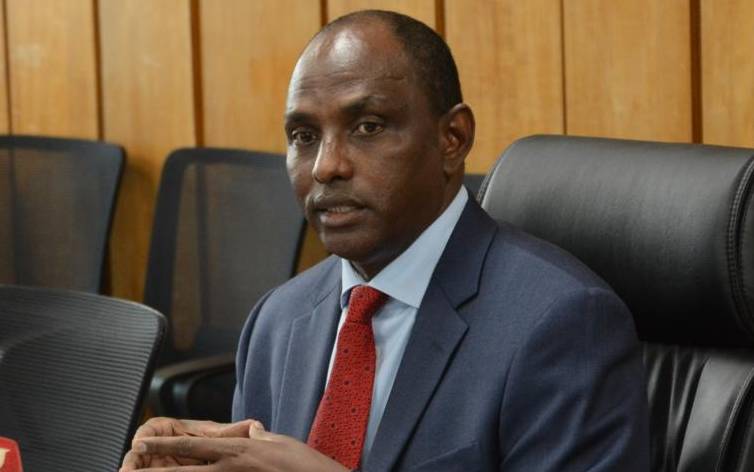×
The Standard e-Paper
Stay Informed, Even Offline

A big chunk of the government’s Sh156.7 billion stimulus cash designed to keep the economy afloat during the Covid-19 pandemic largely remains locked in bank accounts.